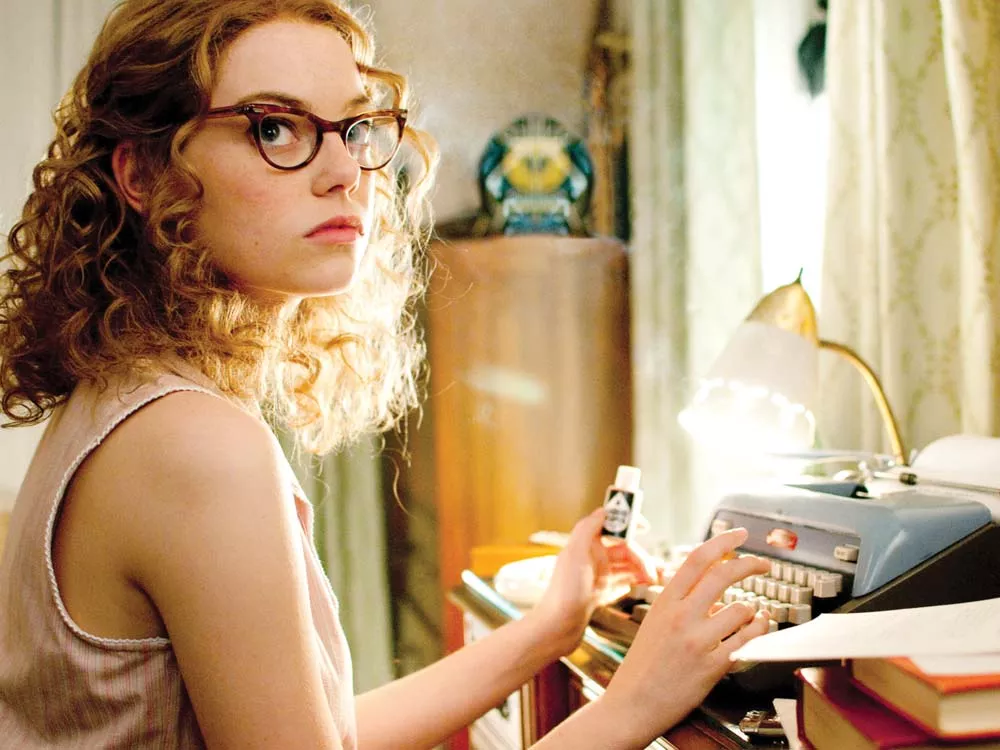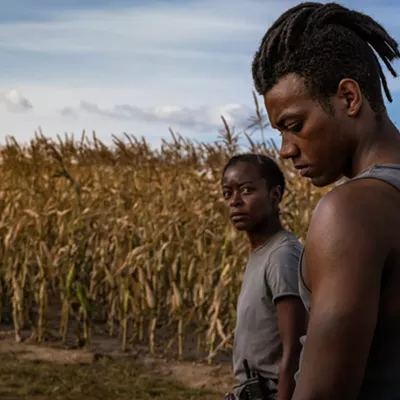There are the movie-movie pleasures of The Help. The magnificent performances. The fresh narrative. The unsentimental direction. As Hollywood glossy storytelling goes, The Help is a breathtaking success.
But there are other things at play, too: the politics of Hollywood. The story The Help has to tell does happen to feature white women and black women, and nary a man in sight, but the feeling it wants to leave you with is universal. It’s hard to buck convention and to defy your peers. Culture can be toxic. Everyone is a product of his or her circumstances it’s what you do with yourself that matters. These are good messages.
But compared to an ordinary chick flick, this is The Shawshank Redemption only the crushing institutionalization here is racism. And it is brutal. Surely Hilly Holbrook (Bryce Dallas Howard, having a ball), the belle of early 1960s Jackson, Mississippi, will go down as one of the great cinematic villains. She cannot abide setting her delicate hinder on a toilet seat that a black butt has touched yet happily eats food cooked by her black maid, Minny Jackson (Octavia Spencer, simply wonderful). The hypocrisy of Hilly and her friends is shocking yet not implausible. It’s horrific in a different way: It becomes a symbol of how constrained the white women are.
There’s no excusing these women their cruelty; there’s just a context for it. And it’s a context for women’s lives that isn’t often explored on film. It may look easy to be a wealthy housewife, but it’s not a satisfying life, and it’s one that can channel women’s energy to places where it isn’t most productively utilized. And The Help (based on the novel by Kathryn Stockett) looks the same way at the poor black women, when wannabe journalist Skeeter Phelan (Emma Stone, fantastic) gives herself the task of interviewing the maids including Aibileen Clark (Viola Davis) to get their perspective on their lives.
What’s notable about the stories we hear from Aibileen and Minny is that their stories are being told, and heard, at all. Not just in the racist 1960s South. But in the supposedly more enlightened 21st century, too. There isn’t a note of self-congratulation to The Help. Writer-director Tate Taylor knows that we still have a long way to go when it comes to valuing the stories of anyone not white and male. And that that’s not the way things should be.














